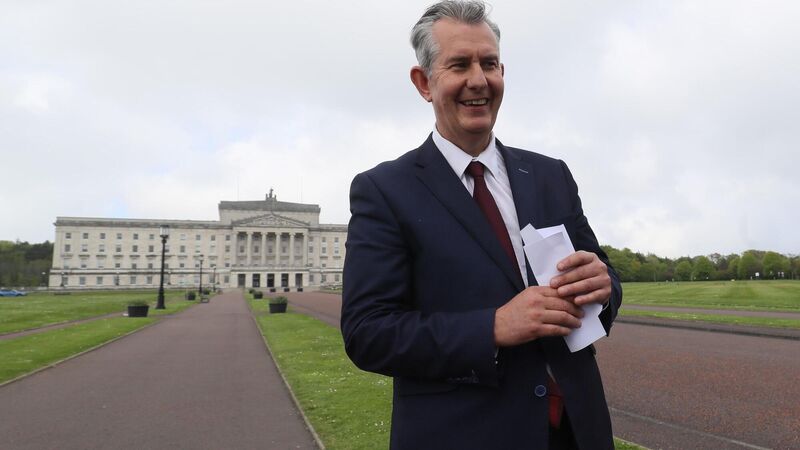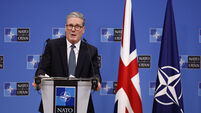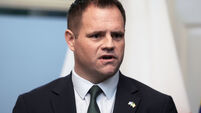Fergus Finlay: Edwin Poots may be the DUP's last chance to prove Charles Haughey wrong

Long before the Good Friday Agreement, Charles Haughey dismissed Northern Ireland as a failed political entity. The Democratic Unionist Party's new leader, Edwin Poots, is their last chance to disprove that view. Picture: Brian Lawless/PA
As it celebrates a century of existence, is Northern Ireland beginning to run out of road? Is it finally about to become the failed political entity that Charles Haughey once famously said it was?
Northern Ireland is now a jurisdiction that can only be governed one way — through power-sharing. Power-sharing depends on the ability of people to work together, even through gritted teeth. That ability, it seems, is about to be tested to the point of destruction.















